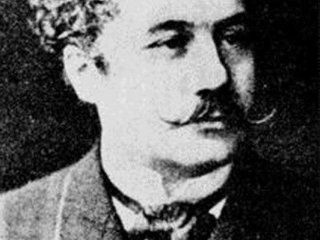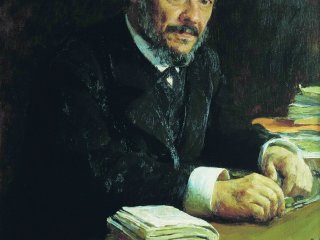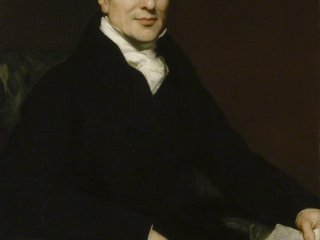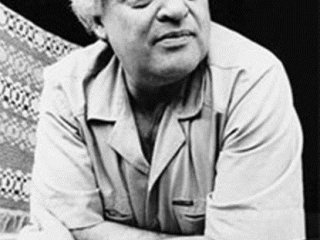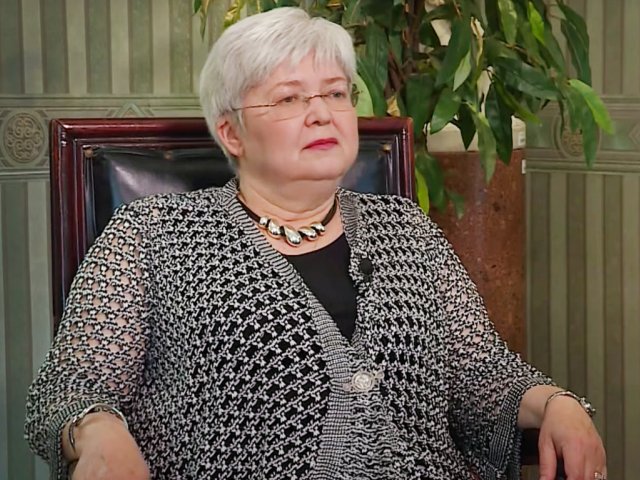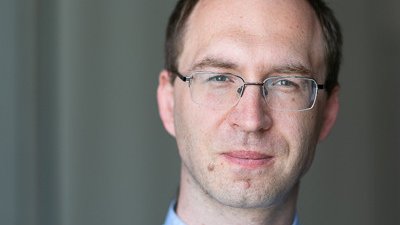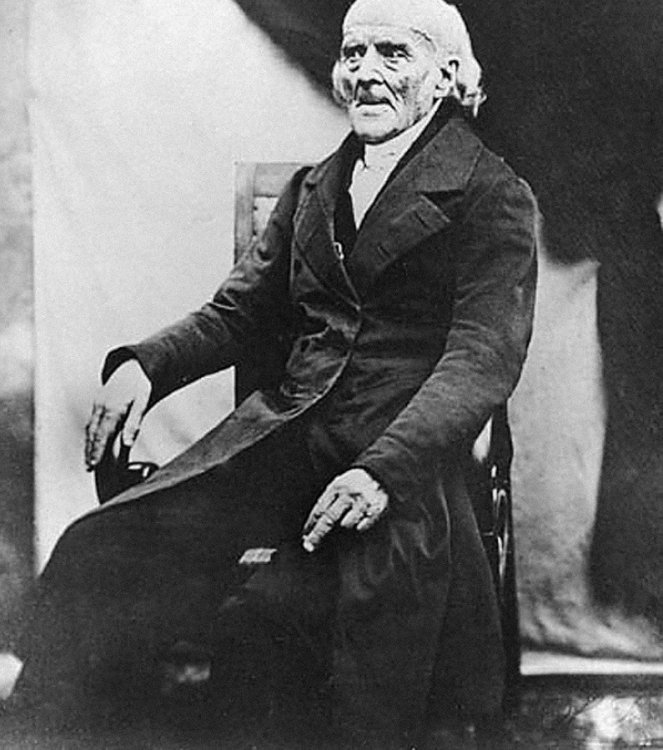
They say that Heinrich Heine was once traveling to Paris by railway. His friend asked him to deliver a sausage to a homeopathic physician he knew. However, the poet ate almost all of the sausage on the way. Having arrived in Paris, he sent the remaining piece to the homeopath and explained that, as homeopathy considered even the smallest dose of drug to produce effect, the same should be true for sausage as well. This anecdote is relevant today, as founding father of homeopathy Christian Friedrich Samuel Hahnemann was born on April 10, 1755. He discovered homeopathy by accident. The physician was translating A Treatise on the Materia Medica by English physician William Cullen, and Cullen’s ideas resonated with his thoughts. Hahnemann started making experiments on human body by self-application. He swallowed cinchona and noted that it caused malaria-like symptoms in himself. He took another drug and felt that he was having the symptoms of the disease that he wanted to cure himself of. Thus the physician came to the conclusion that drugs caused in healthy organism the diseases that they were meant to treat, while the effect of small doses is different to the effect of large ones. Finally, he took principle like cures like as the basis for a new medical science that he called homeopathy. Due to the intrigues of allopaths who upheld the traditional methods of treatment, the king issued a special decree forbidding Hahnemann to distribute the drugs of his own making. Eventually, the homeopath moved to Paris and succeeded there. Though 200 years have passed since that time, homeopathy is still alive. Its methods are used today as well, though allopathic physicians still call their effect in question.
